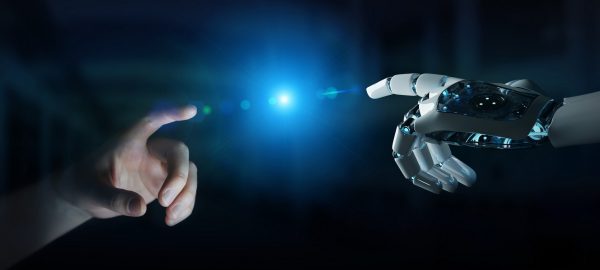Mechanical contacts produce significant changes in equations of motion that are usually modeled as discontinuities. When multiple contacts are likely to be formed, planning typically includes a mode-scheduling step which selects the order of contacts (“modes”), and the computational complexity of this step is combinatorial in the number of contacts since each mode sequence requires separate treatment. Recent results from our study of Event Selected Systems show that for systems in which each contact produces an additional force, the multi-contact dynamics will be continuously differentiable (C^1) allowing naive linearized models to be used while ignoring the mode schedule. In this talk we present some of the core theory, show that this can be used to control a three-legged hopping robot, and use ESS properties to produce fast integration codes.
The talk is suitable for anyone with an interest in mechanics who has taken undergraduate multivariate calculus. Funding provided by ARO DURIP W911NF-17-1-0243, ARO MURI W911NF-17-1-0306, NSF CPS 2038432, and D. Dan and Betty Kahn Foundation; talk co-authored with Marion Lee Anderson.






